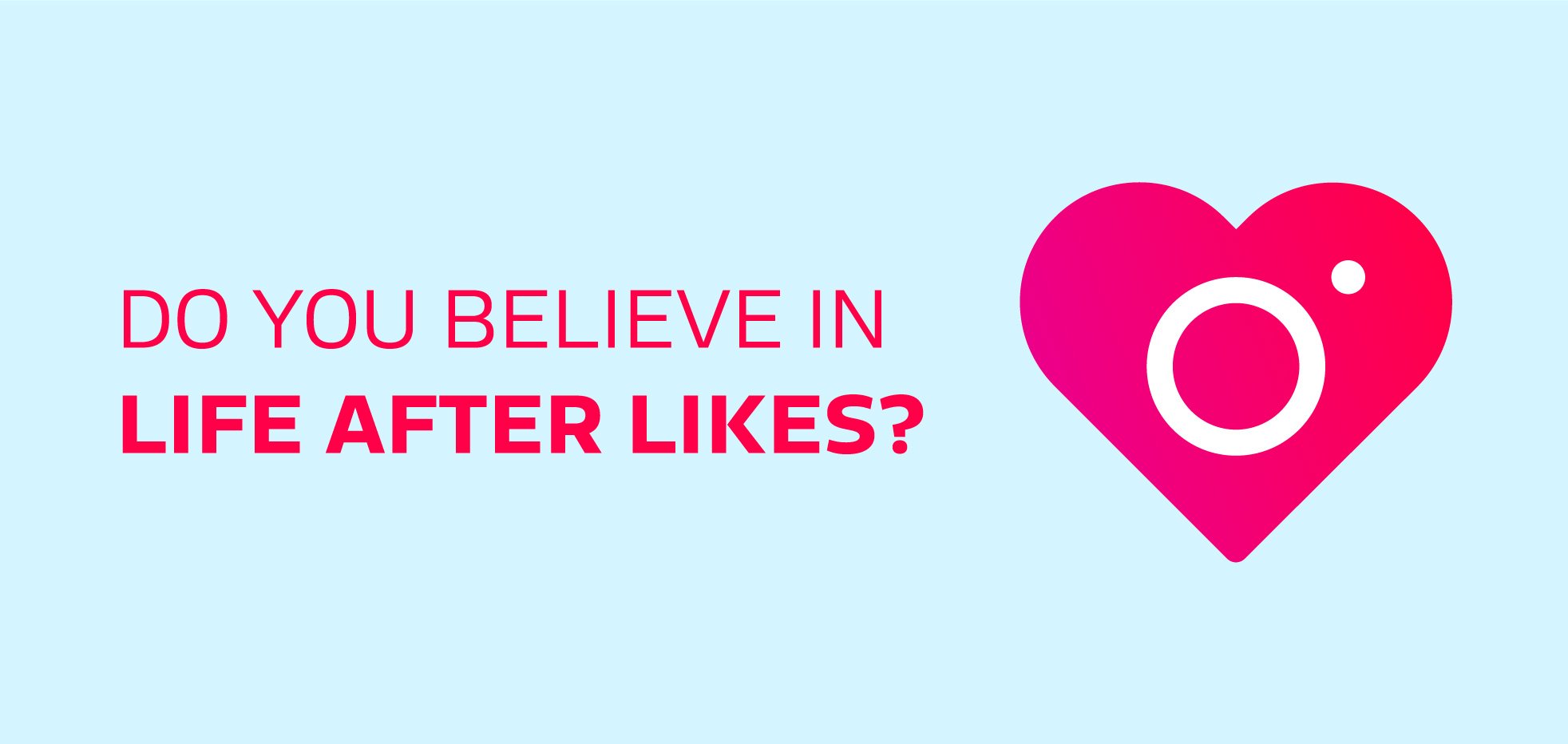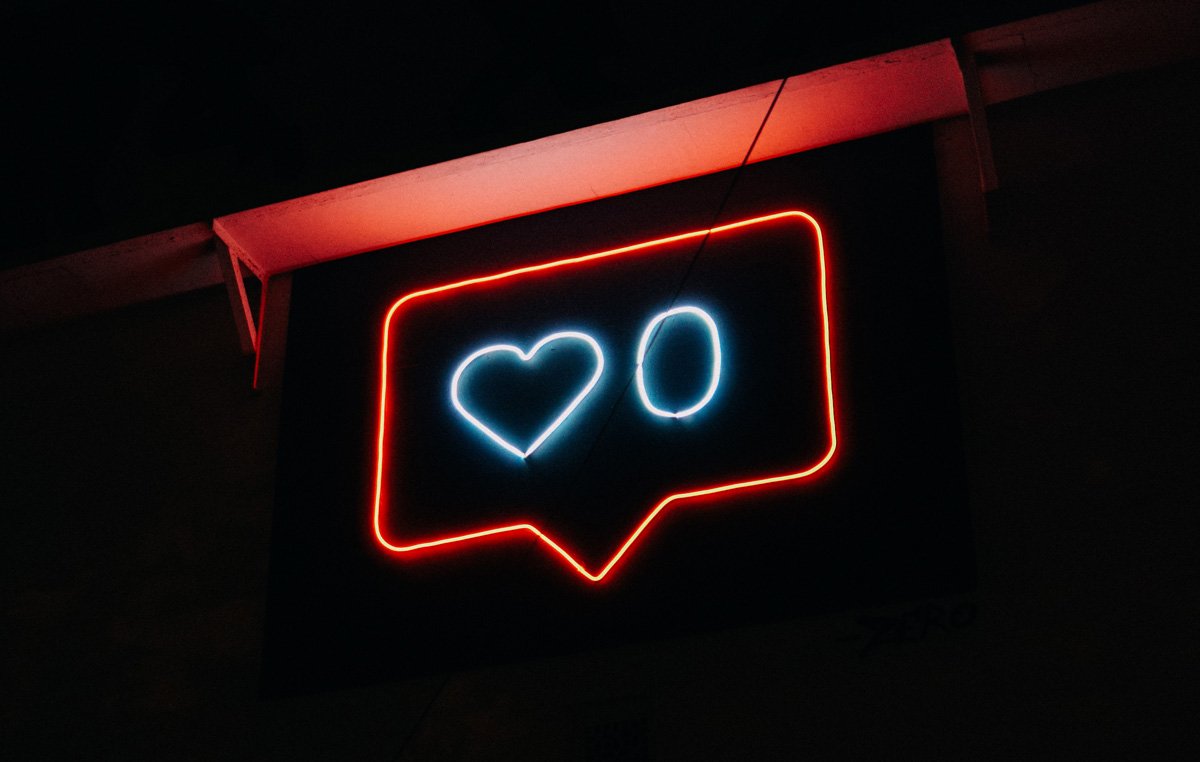 24
Jul, 2019
24
Jul, 2019
If you’re into Insta, you’ve no doubt noticed your feed is now mysteriously devoid of numbers – or at least you may have heard the media commentary surrounding the latest Instagram social experiment. First, it was showing posts out of chronological order, and then it was a raft of rumoured algorithm changes… Now, as of Thursday 18 July, the Facebook-owned photo-sharing platform has removed the number of likes from people’s posts.
Everyone in the Insta eco-system has been affected, from your mum who gets two hearts per gardening post, to social media influencers with hundreds of thousands of gushing followers.
For now, the no-likes ‘trial’ is only impacting accounts in Australia, Canada, New Zealand, Ireland, Italy, Japan and Brazil. While you, the ‘likee’, can still see how many people have liked your post, no one else can see your magic number – unless they can be bothered to go through the process of counting every single ‘liker’.
Why this Instagram social experiment? Why now?
While there are many (possibly conspiracy) theories doing the rounds, the official line from Instagram is: “We want people to worry a little bit less about how many likes they’re getting on Instagram and spend a bit more time connecting with the people that they care about.”
The move has been widely applauded for the positive impact it may have on mental health.
With many Instagram users (especially young people) purporting to experience feelings of inadequacy and anxiety after using the platform, there’s no doubt the mental health concerns are real. The pressure to always show the best version of yourself and the constant culture of comparison to other people’s perfect lives/families/bodies/careers/holidays/cars/clothes can indeed have a negative impact on self-image. As can seeing shots of everyone hanging out without you when you’re an insecure and impressionable teenager. You see, it works on a macro and micro level.
Some of these negative consequences can also be attributed to the weight Instagram places on popularity – by that we mean the number of followers a person has and how much engagement their content generates.
One of the theories circulating is that the Instagram social experiment has nothing to do with mental health at all – it’s really a bid to get users re-engaging with parent company Facebook (which you’ll notice hasn’t removed likes from its posts).

Please, won’t someone think of the social media influencer?
While many are saying the move is a step in the right direction for mental health, of course you can’t please everyone… especially not the social media influencer who leverages likes for lucrative deals.
Some critics say the Instagram social experiment is really a ploy to get small businesses investing in paid advertising rather than collaborating with social media influencers, who are currently raking in big bucks from sponsorships.
Many a successful social media influencer has built a business on their ability to engage a large audience that brings in paid partnerships. It may be a crude measure, but one of the key metrics these ‘brand partners’ use to determine which influencers they work with is the number of likes they get.
Australia and New Zealand Instagram Manager Jeff McBride has addressed this, saying the Instagram social experiment won’t affect measurement tools like Insights or Ads Manager. Be that as it may, it’s difficult to see how brands are going to gauge engagement at a glance when scrolling through the accounts of potential ambassadors.
While the Instagram social experiment may have a positive effect on mental health in some corners of society, it may lead to economic pressures for others. Some influencers may have to find a new revenue stream or even change careers. One thing’s for sure: it will be interesting to see how the social media influencer scene changes (if it even does). You just never know with Instagram.
From a brand and marketing point of view, it’s an exciting development. What we can expect to see is a shift away from people posting things they think people will like towards true self-expression. And genuine, authentic, imperfect content has got to be a good thing, right? As for how many people will like it, well, I guess we’ll never know.
– Sketch Corp.
